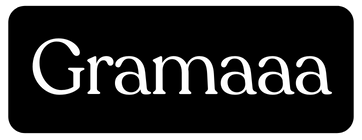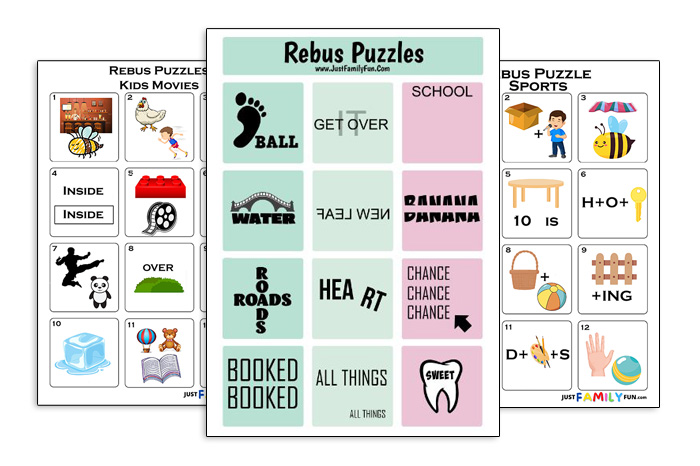Riddles have a unique way of captivating minds, sparking curiosity and challenging our thinking. One such riddle that’s been making rounds is the perplexing “Riddle me this: Penny has children.” This seemingly simple puzzle leaves many scratching their heads, eager to decode its hidden meaning.
Decoding the Riddle: “Penny Has How Many Children?”
The riddle “Penny has children” has puzzled many, prompting a deeper look into its origin and popularity.
The Origin of the Riddle
This riddle likely emerged from social media platforms where users share brain teasers to engage their followers. It gained traction due to its simplicity yet perplexing nature. Unlike traditional riddles with straightforward answers, this one requires lateral thinking, making it more intriguing.
Understanding the Riddle’s Popularity
Riddles like these captivate audiences because they challenge conventional thought processes. The phrase “Penny has children” seems simple but hides a complex answer that isn’t immediately obvious. This complexity drives people to share and discuss it widely, increasing its popularity across various online communities.
Key Elements of the Riddle
The “Penny has children” riddle captivates with its simplicity and depth. Understanding its key elements helps unravel its mystery.
Clues and Their Meanings
Clues in this riddle often mislead at first glance. The name “Penny” isn’t a person but a reference to currency. This clue shifts the focus from human attributes to monetary ones, prompting lateral thinking. Children represent smaller denominations or parts of the whole penny, such as cents.
Common Misinterpretations
Many interpret “Penny” as an individual with offspring, leading them astray. Another common error is assuming traditional familial relationships instead of considering abstract connections like currency and value divisions. These misinterpretations highlight the importance of thinking outside conventional frameworks when solving this riddle.
Analysis of the Answer
The riddle “Penny has children” requires abstract thinking. It challenges conventional interpretations by using currency as a metaphor.
The Correct Answer Explained
The correct answer to the riddle is that Penny’s “children” are smaller denominations of currency, specifically cents. A penny equals one cent, and it can be divided into smaller units like half-cents or quarter-cents in theoretical contexts. Understanding this metaphor is key to solving the riddle. The term “children” symbolizes these fractional parts, which stem from the whole unit (the penny).
Why This Riddle Is Tricky
This riddle confuses many because it deviates from literal interpretations. People often think of “Penny” as a person with offspring rather than considering its monetary context. The use of familial terms for abstract concepts like currency divisions adds complexity, making it difficult for those who don’t immediately recognize the metaphorical language used in the puzzle.
Psychological Impact of Solving Riddles
Solving riddles like “Penny has children” offers several psychological benefits. These benefits span cognitive and emotional domains, enhancing mental agility and well-being.
Cognitive Benefits
Riddle-solving sharpens critical thinking skills. It requires abstract reasoning, pattern recognition, and problem-solving abilities. Engaging with riddles stimulates brain activity, improving memory retention and cognitive flexibility. Studies show that regular mental challenges can delay cognitive decline in older adults (Alzheimer’s Association).
Emotional Effects
Successfully solving a riddle boosts self-esteem. It provides a sense of accomplishment and satisfaction. This positive reinforcement encourages further engagement in mentally stimulating activities. Additionally, riddles offer stress relief by diverting attention from daily worries to enjoyable problem-solving tasks.
Conclusion
Riddles like “Penny has children” offer more than just a mental challenge. They serve as tools for enhancing cognitive abilities and emotional well-being. Engaging with such puzzles sharpens critical thinking skills and provides a sense of accomplishment that boosts self-esteem.
By stimulating brain activity, riddles contribute to overall mental agility and stress relief. The metaphorical interpretation of the riddle adds an extra layer of intrigue, making the experience both educational and enjoyable. So next time you encounter a riddle, remember it’s not just about finding the answer; it’s about nurturing your mind and spirit.

